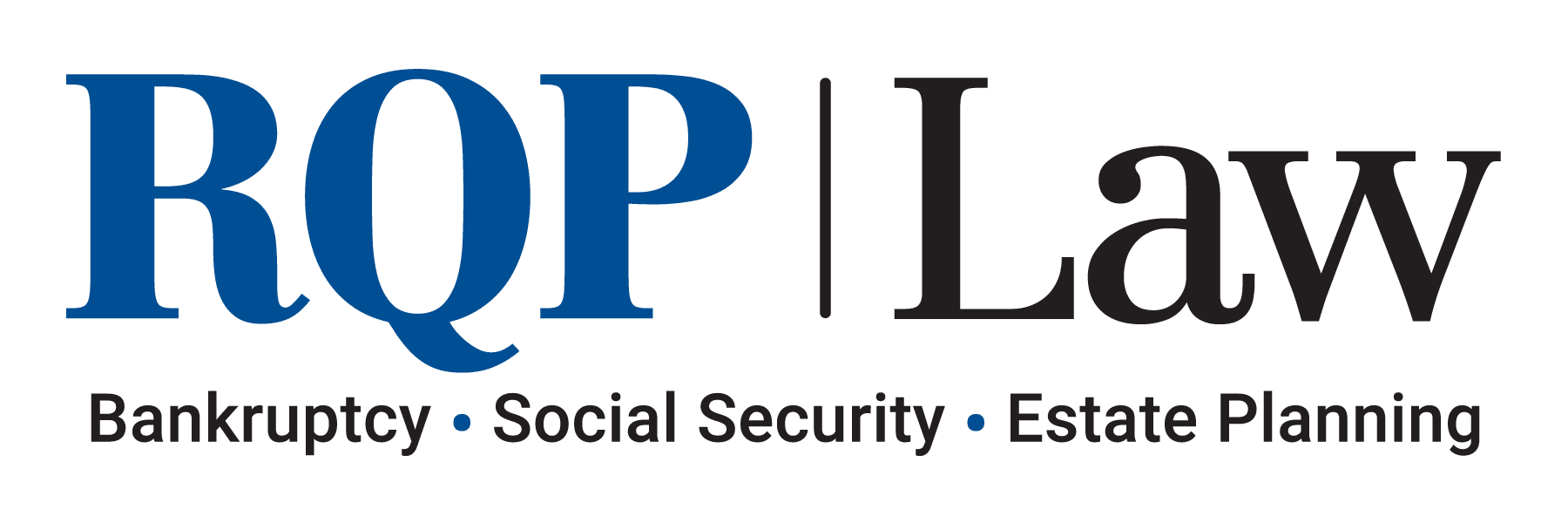The rhetoric surrounding coronavirus is getting more and more serious to the point that it seems like we are going to be feeling the effects of COVID-19 well into April. It is important to keep bankruptcy in mind as a tool to get through this epidemic successfully. Although banks and credit card companies are giving people a break right now, it will not likely last long term, so those with other debt from before this crisis could end up in serious financial distress before we’ve seen the last of COVID-19. Therefore, I wanted to lay down a “bunker strategy” for individuals who may see bankruptcy as an option in the future.
The most common tools for financial emergencies are credit cards, (unsecured) personal loans, secured loans (like a home equity line of credit), and retirement savings. In what order would you use these tools during an emergency? You should view these tools as defenses. Credit cards and personal loans are the lowest level, like a fence. A HELOC or other secured line of credit would be something stronger, like a concrete wall. Finally, your retirement savings, like an IRA or 401(k), would be a bunker – a last resort.
You should imagine your emergency tools like a fortified base designed to provide for your family. If you had to start giving up these defenses, which would you give up first? The outermost layer of defense is the weakest because it is just a fence (credit cards and unsecured personal loans), so you should part with that first. After you have exhausted your fence, you would then move to your concrete wall (secured loans). Only then would you consider getting rid of your bunker (retirement savings).
Why should you consider bankruptcy before touching your bunker? Here is how those assets are treated in bankruptcy. Retirement accounts are in most cases 100% protected in bankruptcy, so spending that instead of filing for bankruptcy could result in your being less secure in the future. Meanwhile, credit cards and personal loans are dischargeable. In many cases, our clients are able to walk away from that debt with no payments necessary. If clients want to keep the secured property (like a house), then a bankruptcy case can help structure the repayment of the loan if you just have a cash flow issue. So, bankruptcy is a powerful tool that should be part of your plan, and you should consider using it prior to touching your bunker savings.
Contact Ross, Quinn & Ploppert for a consultation now at 610-323-5300.
Other helpful resources
The Rapid Rise of Gambling Debt
For many years, Pennsylvania residents had few options to gamble without leaving the state. Sports gamblers could...
Soaring Social Security Disability Wait Times – And Why It Is Important to Hire an Experienced Social Security Attorney
Soaring Wait Times for Social Security Disability Decisions In the last eight years, the wait time for a Social...


0 Comments